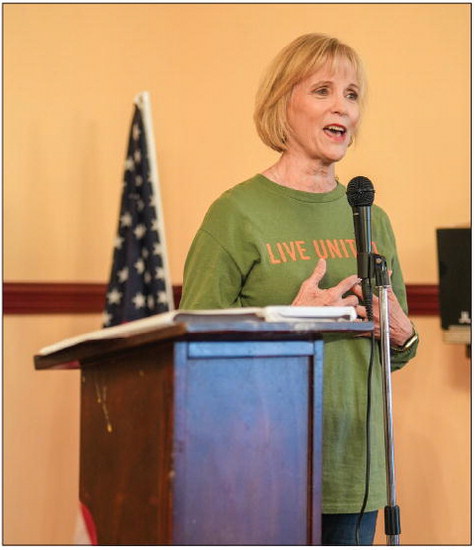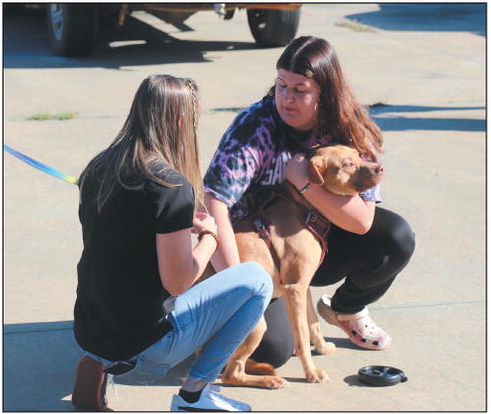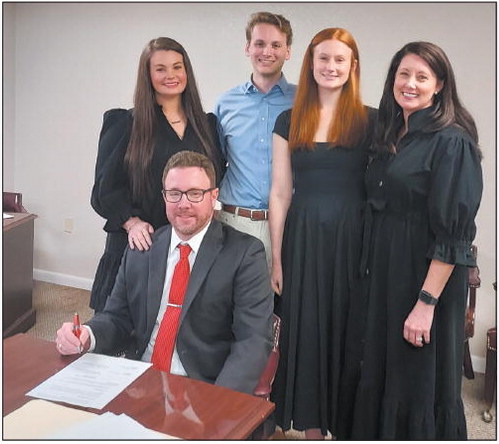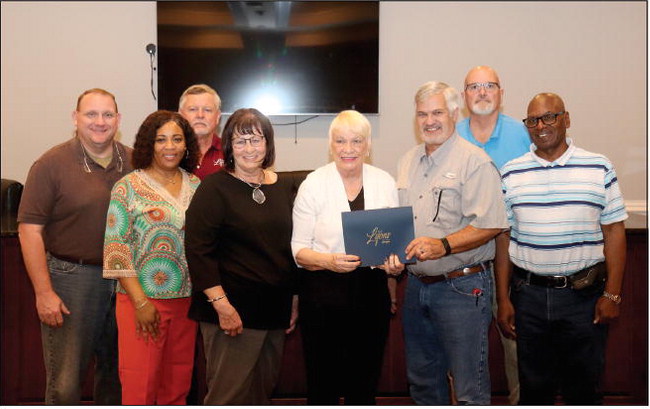2022 Session: Week 10 Update
Crossover Day on Tuesday, March 15! Crossover Day is always one of the longest days of the entire session since it is the last day for legislation to pass out of its chamber of origin and still be eligible to become law this year. We spent the entire day in the House Chamber debating and voting on almost 60 bills and resolutions, adjourning after 11 p.m. I’d like to highlight a few of them for you. No matter your opinion of the results of the November 2020 election or the ensuing state audits, recounts, and runoffs, I think we can all agree that the integrity of our elections is vitally important to maintaining our freedom. Therefore, it is relevant and important to regularly examine our elections process and improve it when necessary. House Bill 1464, of which I am a proud co-author, passed Tuesday evening along party lines to make sure our ballots are more secure and a clear chain of custody is established. This bill would increase the Georgia Bureau of Investigation’s powers and provides for that agency’s original jurisdiction for elections issues. It would mandate meaningful access for poll watchers in polling places and tabulation centers. It would create transparency by restricting direct nongovernmental funding to county elections offices by requiring those grants or donations to be overseen by the state elections board instead – no more “strings attached” donations from the likes of Facebook and Mark Zuckerburg. It does not limit voter access or in any way negatively impact our voter experience. In fact, one provision of the bill would provide employees with time off to vote on early voting days instead of just on election day.
My colleagues and I passed the Wrongful Conviction Compensation Act, House Bill 1354, to help streamline and standardize the compensation process for wrongful convictions in Georgia. This bill would create the Wrongful Conviction Compensation Review Panel, which would review claims and provide recommendations to the Claims Advisory Board for those who have been wrongfully convicted. It would establish specific eligibility requirements for compensation, like proof of the claimant’s innocence and being exonerated or pardoned. The panel’s recommendations would be sent to the chief justice of the Supreme Court of Georgia, and any adopted compensation recommendations would be reviewed by the Georgia General Assembly to incorporate into the state budgeting process, allowing the legislature to maintain oversight of these funds. While those convicted of crimes they did not commit will never get back the time away from their family or the wages they could have earned while wrongly imprisoned, this measure would provide a pathway for a standardized process and justice for these individuals.
In the late hours of Crossover Day, we also passed legislation to expand grant funding opportunities to low-wealth K-12 school systems that need help building and maintaining their schools. House Bill 1482 would revise the eligibility criteria for project-specific capital outlay grants for these school systems. To apply for these grants, the local school system would have to be ranked in the bottom 25 percent in sales tax revenue per full-time equivalent (FTE) student count and value of property per FTE student count. The system would have to commit five years of their SPLOST revenues towards the applicable project. 44 school systems, mostly in rural areas with low populations, currently need access to this funding. With low SPLOST revenues, these schools cannot afford to build new facilities in today’s expensive construction market, but these grants would help these systems replace their aging buildings to offer better learning environments for our students.
Have you heard of PANS or PANDAS? House Bill 1484 would create a pilot program to help diagnose, treat, and expand coverage for pediatric autoimmune neuropsychiatric disorders associated with streptococcal infection (PANDAS) and pediatric acute onset neuropsychiatric syndrome (PANS). It is estimated that about 13,000 Georgia children suffer from these illnesses that cause a sudden onset of a variety of neuropsychiatric symptoms, such as tics and obsessive compulsive disorder. This three-year pilot program would begin in 2024 and be administered by the State Health Benefit Plan treating up to 100 children each year. At the end of the program’s first year, the Department of Community Health would submit a report to the House and Senate Health and Human Services committees with extensive details including covered treatments, costs, the total number of participants, providers, and claims. A previous House study committee looked into PANS and PANDAS and found that patients and families face barriers to treatment due to medical providers being unfamiliar with these diseases and unreliable medical coverage by insurers. This new program would help spread awareness and educate the medical community and insurance providers about the evidence-based legitimacy of these diagnoses, and in turn, help more families access treatment for these debilitating diseases. There is hope for these children, but diagnosis is vital!
After Crossover Day, the House convened for three more legislative days last week, and our committees began considering legislation that passed in the Senate before the deadline. We will spend the remainder of the session meeting in our respective committees and on the House floor to consider these Senate bills, as well as give final approval to House legislation that could undergo changes by the Senate. I ask that you to contact me regarding bills that may be up for consideration during these final weeks of the session. You can reach me via email at Leesa.Hagan@house.ga.gov. I thank you humbly for allowing me to serve as your representative in Atlanta.







